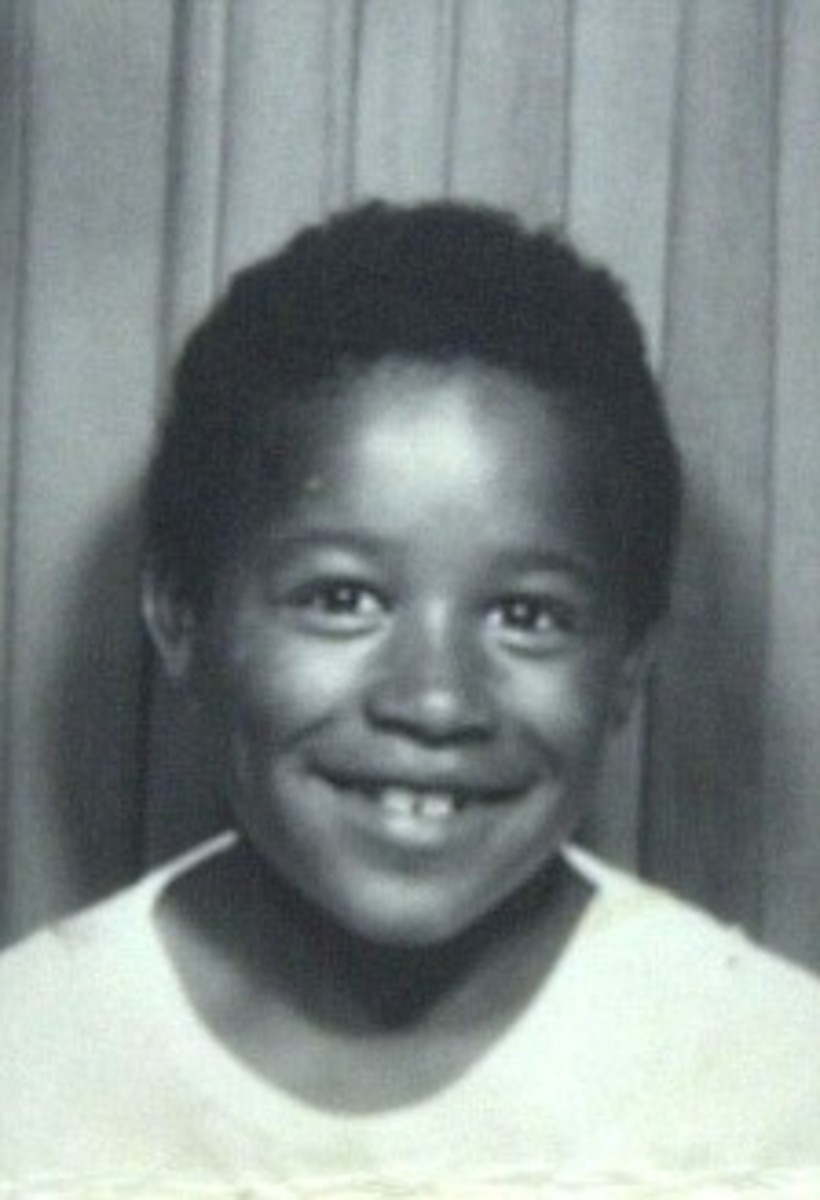Anatomy of an Anarchist
The Stout Young Boy with Stout Ideas
The Older Child Syndrome
He grew up in a well ordered, yet somewhat liberal family who owned land. His parents took their parental responsibilities to their sons and daughters seriously.
The eldest son, Mikael, was exposed to a well-rounded education that included the arts, music and even studies in European literature. But by his early teens, his father felt sons should have more discipline. So, Mikael was sent off to a military academy.
Like all fathers, Mikael's father focused attention on his first born son and had great expectations for Mikael's future. His father had only a minimal dislike for governmental authority, although he was often quite critical of it. Mikael paid little attention to any of this.
That would change when his father encouraged him to enlist in the military. Mikael found the regimentation suffocating and intolerable. His first act of rebellion and insubordination was to go AWOL, forfeiting his military commissioning. Desertion from the military is a serious issue not just from the standpoint of defiance of authority, but also from the ideals of discipline Mikael's father instilled in his children in their youth.
Mikael found regimentation and discipline inhibiting to his growing need for freedom. He also found these elements of living boring. As a result of his desertion, Mikael was forced to resign his military commission. When his father discovered what his son had done, the two quarreled constantly with his father castigating Mikael as a shiftless, aimless young man.
Mikael saw it differently. He refused any further attempts to reactivate a military career or a career in civil service which with his father's connections would have been advantageous.
It was during this time that Mikael realized he needed to be free of his paternal bonds, ideologically, intellectually and viscerally. He developed an interest in philosophy, chiefly in the philosophy of three Germans, Gottlieb Fichte, Georg Hegel and Friedrich Schelling.
Mikael was drawn to the philosophy of Gottlieb Fichte who was the founder of German Idealism, pivotally based on self-consciousness and self-awareness. Friedrich Schelling was a man with ever changing philosophy based on German Idealism. The philosophical link between Fichte and Schelling was Immanuel Kant, also a German philosopher. While Fichte was a proponent of Kant, Schelling was often critical of Kant's transcendental idealism philosophy.
It was Georg Hegel who would have the most influence on Mikael and his new found interest in philosophy and ideology. Given his freestyle nature, Mikael interpreted the spirit of Hegel, Fichte and Schelling as part of the early romantic movement that captures the attention of young, free-spirited men seeking answers to their questions.
In his travels, Mikael met Alexander Herzen and Vissarion Belinsky, radical political antagonists. Alexander as an accomplished writer and ideologically a socialist. Vissarion, also a writer loathed westernization in any form. Mikael soon struck up a long term relationship and took instructions from them in political radicalism.
As Mikael approached his 26th birthday, coupled with Herzen's and Belinsky's tutelage, Mikael grew restless and discontent with the government. To his family's shame, Mikael was without financial funds and seemed unable to apply himself to any career or job. He borrowed money from his friends for all of his needs.
When a young man owes money and cannot repay it, especially to friends and family, his only option is to flee. And so, this is what Mikael knew he must do. Mentally, he became more obsessed with politics and was attracted to the philosophy of Georg Hegel and became heavily influenced by leftists who were deeply embedded in "Hegelian" philosophical principles.
A major turning point in Mikael's life came when he read "German Yearbooks," a literary magazine that promoted revolution. The words in a particular magazine article struck Mikael, "The passion for destruction is also a creative passion."
As Mikael moved on to a new location he was introduced to Karl Marx, Pierre-Joseph Proudhon and was attracted to several other prominent Polish philosophers. Always with revolution on his mind, Mikael considered revolution a "career."
It was no surprise that Mikael would wander about Europe in search of revolts he could take part in. The police arrested him as a result of his activism on the charge of promoting insurrection. It was only thanks to the intercession of his family that he was released and allowed to remain a free man.
He married the daughter of a Polish exile and took up residence in London. He spent the rest of his mostly impoverished life writing and moved from England to Italy and Switzerland. Few of his writings were ever completed.
His former relationship with Alexander Herzen soured and they began to quarrel because Mikael believed Alexander's views were too "moderate." This shows that Mikael's own views had become far more radical. While in Switzerland, he met a former Russian terrorist, Sergei Nechaev with whom Mikael consorted.
By this time, Mikael was ready to rejoin Marxist leaders who formulated a revolutionary program and organized as a secret society of his own with disciples who followed Mikael's ideals of revolution.
With the elaboration of anarchism, Mikael, now an older man, promoted the anarchist ideals of extreme individualism and the efficacy of untutored human nature, free of any restraints. Although, ironically, in his own secret society and organization, Mikael demanded implicit obedience.
Mikael believed that the destruction of all restraint was to be conceived as in and of itself a constructive program.
His failings were that never created a coherent body of political doctrine even with such major influences to his basic ideals and ideology. If there is anything Mikael can lay claim to, it is the groups of his disciples in Italy and Spain whose power as anarchists secured his place as the major face of anarchy.
The name, Mikael Bakunin, is closely linked to anarchy and no other Russian except Lenin has so secure a place in Russian revolutionary tradition. The personal and ideological enmity between Bakunin and Marx prevented the recognition of Bakunin's rightful place as a revolutionary anarchist.
Bakunin stood for two basic elements in Russian revolutionary thought:
. Belief in the revolutionary destiny of the Russian peasant
. Belief in the Slav mission to regenerate a world still in the grip of a decaying Western bourgeois civilization
Mikael Bakunin died in 1876, the same year the clandestine Russian revolutionary group, "Land and Liberty," spread revolts across Russia to encourage socialism in rural areas of that country.



